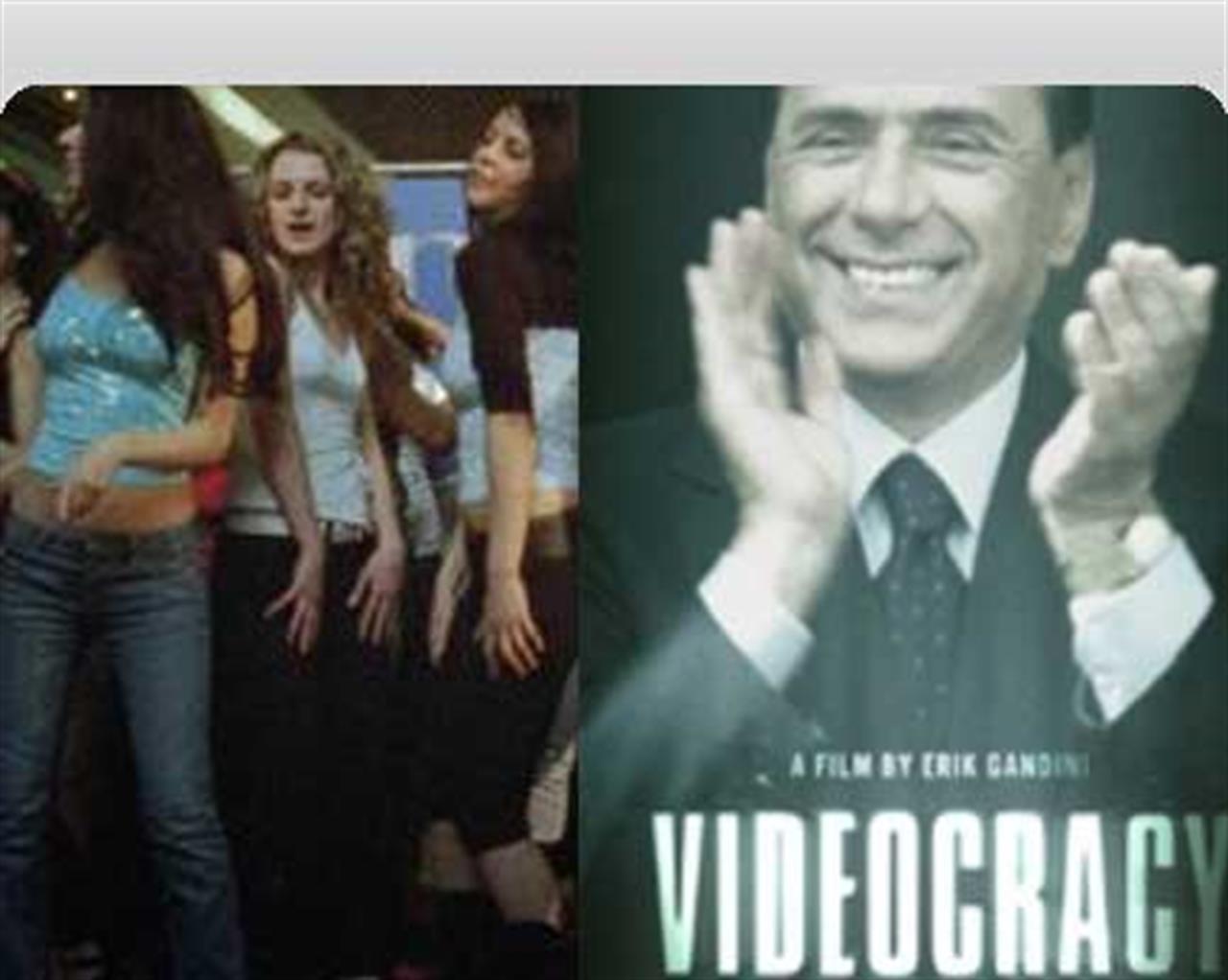Non profit
The film that exposed Italy
Interview with director Erik Gandini on his documentary Videocracy which surprised Venice Film Festival
di Staff

by Natascia Gargano
Arguably the coldest bucket of water that Italian television has ever received was presented at this year’s Venice Film Festival. The documentary film – which trailer was widely banned from Italian television – was made by half Italian half Swedish director Erik Gandini and speaks of the Italian “cultural revolution” which burst onto the scene with the birth of the private tv channels owned by Silvio Berlusconi.
Gandini’s film is a disturbing mix between the images of the media-mogul turned prime minister Mediaset channels and the state-owned Rai channels. Videocracy closely follows the new monsters: Riccardo, a young ordinary guy whose mission is to make it big in television, VIP agent Lele Mora, who lives in the lap of luxury and the celebrity photographer Fabrizio Corona.
Interview with its director Erik Gandini.
You said that “Videocracy was born to explain Italian television to Swedish friends who laugh about us”. Are they still laughing?
If it had only made people laugh, my work wouldn’t have had any sense. My intention was to show all the sadness that lies behind a reality which is only comical on the surface.
What was the general public’s reaction in Sweden towards your film?
In Sweden Videocracy has been defined like a horror movie. What people find the most incredible more is the worrying use of entertainment and its blend with political and media power. This is inconceivable for a Swedish person.
So, are all Swedish people saints?
The culture of triviality certainly also exists in Sweden. But in Italy it exceeds every limit: there the dogma of appearing is not a marginal fact, but it has spread to all levels.
Is it all the fault of the Prime Minister?
Without a doubt the cultural revolution of which I speak started with his private television channels. Having said that, one single person is never the problem, it is all the system which works in that direction. The problem is the widespread berlusconism.
Lele Mora, Fabrizio Corona and Riccardo: are they the victims or the torturers?
Certainly they are all workings of the system. The three of them strongly discriminate in favour of who is inside the television world. Corona himself says that if he was “short and fat” he would never have become so famous.
Besides the Italy which goes along with it, do you think that there is another Italy which is reacting?
Definitely. There are people who want to make themselves agents of change, people who for instance have chosen other means to inform themselves, like the internet or the cinema.
Is the solution not to watch television anymore then? Couldn’t this be considered a dangerous choice?
As a matter of fact it is risky, if we consider that television is the main source of information for 80% of Italians. However I think that an alternative is possible. More simply put: if you want to have a revolution, you’ve got to give the people something better.
Would it have been possible to make a documentary like Videocracy in Italy?
It would have been possible, but it would certainly have been more difficult. Videocracy was produced with Swedish public money. In Scandinavia documentaries are not considered a second category genre, in fact they are often broadcast in the prime time early evening slot on national channels.This is not the cas in Italy where most social documentaries are produced entirely at the filmmakers’ expense.
You recently declared “I adore anonymity, I hope to be forgotten as soon as possible”. What will remain of Videocracy?
I hope that in ten years time, it will be looked as a kind of historical document, which will have helped to reframe the way in which Italian television is seen. With hindsight you can often see things in a very different way.
Si può usare la Carta docente per abbonarsi a VITA?
Certo che sì! Basta emettere un buono sulla piattaforma del ministero del valore dell’abbonamento che si intende acquistare (1 anno carta + digital a 80€ o 1 anno digital a 60€) e inviarci il codice del buono a abbonamenti@vita.it
